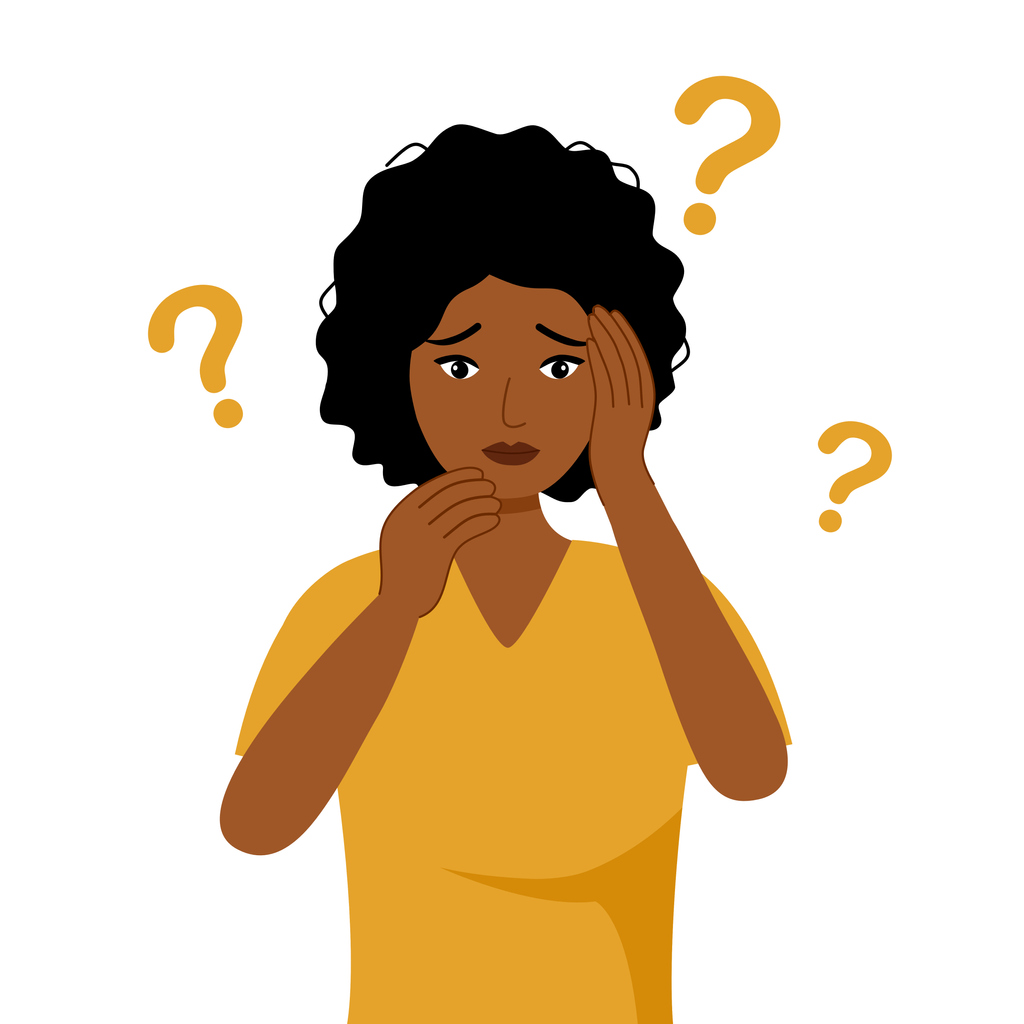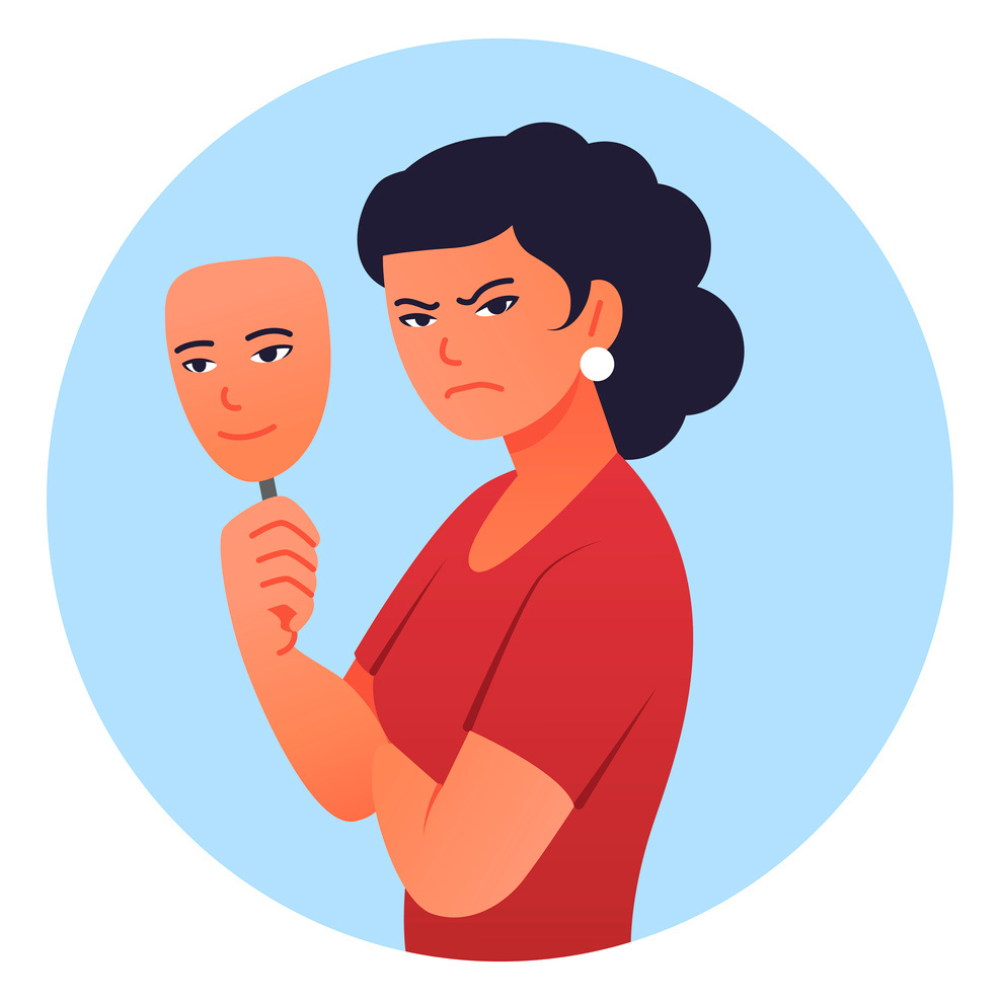
A creative writer with a voracious appetite for fashion, beauty,…
I
t was a dark, cold evening and was Vera tucked under the duvet. Something else felt cold under the sheets; a shiny steel object. Apparently, Vera heard sounds, as usual, and was sure someone was watching her. She summoned the courage to get out of bed for her weapon – a knife – that she was determined to use, howbeit amateurly, to defend herself come what may.
She heard a scream and grabbed the knife. Although hesitant to get out of bed, she knew she had to investigate what the issue was. As she tiptoed further, the screams became louder. She froze and then heaved a sigh: it was the TV. Someone was watching Friday the 13th.
This scenario and different others have been ongoing leading her loved ones to ask: “Is Vera exhibiting signs of Paranoid Personality Disorder, or just being cautious?”
What is Paranoid personality disorder?
Paranoid Personality Disorder is a mental disorder that belongs to a group of conditions called Cluster A, or eccentric personality disorders.
An individual with PPD is very suspicious of other people, which may interfere with their daily life and activities. They mistrust the motives of others and believe that others want to harm them.
Causes of PPD
#1. Genetics

Unfortunately, the exact cause of Paranoid Personality Disorder is still unknown. Currently, research has shown a genetic link as quite a number of individuals with PPD have close relatives with schizophrenia and delusional disorders.
#2. Trauma

An individual who went through a rough childhood, emotional or physical trauma is susceptible to Paranoid personality disorder. While the effect might fade over time, others may hold onto the experience and eventually become paranoid.
#3. Substance abuse

The effect of substance abuse cannot be overemphasized. PPD has been linked to intoxication and withdrawal symptoms from substance abuse. An intoxicated person might become violent after a perceived attack, believing it’s self-defence.
Here are signs you might be suffering from Paranoid Personality Disorder (PPD)
#1. Denial
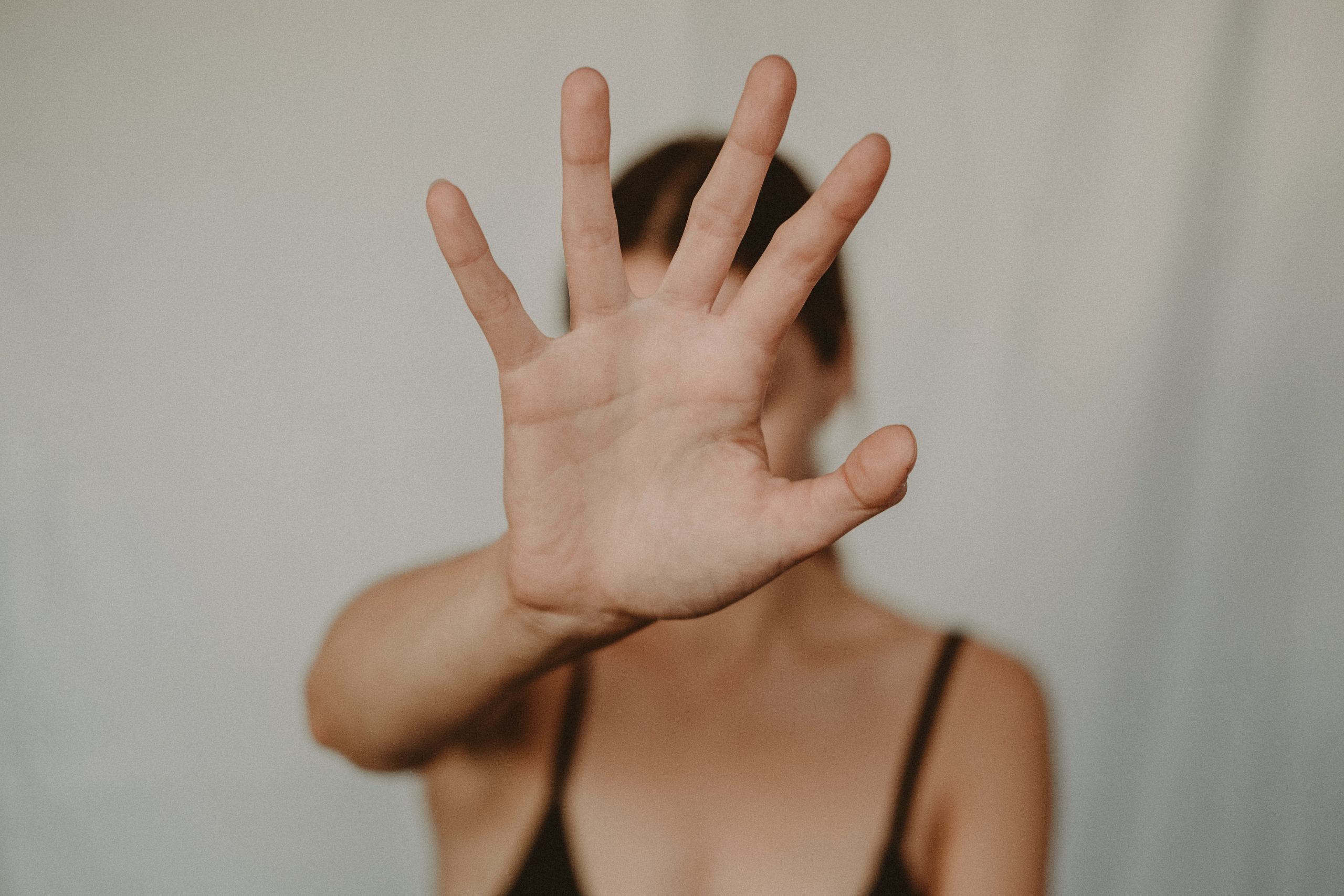
A person suffering from paranoid personality disorder mostly believes their actions are not extraordinary. This state of denial makes it hard for them to get help or even realize they need help in the first place.
#2. Irrational fears
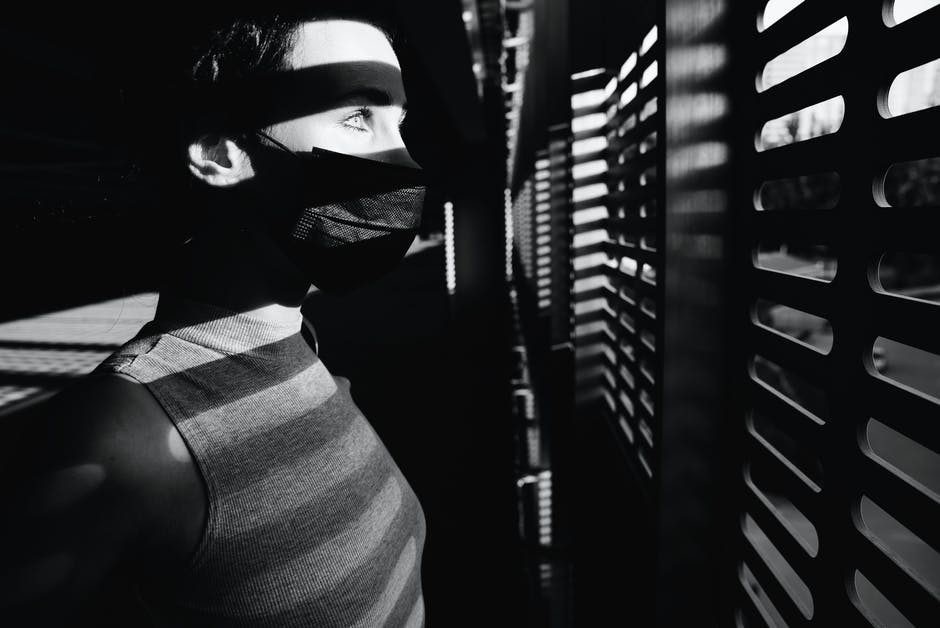
A major sign of PPD is an unwarranted fear rooted in the imagination which is enough to disrupt an individual’s life/relationships. These fears have no root cause and tend to pose a threat to the person’s daily activities.
#3. Being defensive

A person with PPD is usually always defensive, hostile and extremely sensitive to criticism. It can be viewed as a cycle. This energy they put out might set others off and the reaction from others would further deepen their paranoia.
#4. Inability to relax
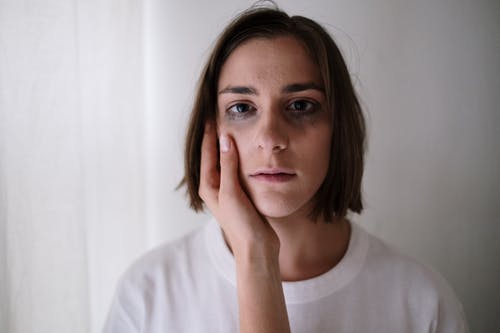
A person with Paranoid Personality Disorder experiences both physical and mental unrest. The physical exhaustion that comes from always checking on an imaginary stalker, and the mental stress from interpreting hidden meanings and/or perceived insults ultimately take a toll on this person.
#5. Distrust

Sometimes life hits us really hard and leaves a crack in our minds. This might lead to distrusting others and isolating oneself. However, in the case of PPD, a person mistrusts without evidence. For example, they could suspect their partner of infidelity even without proof.
#6. Unforgiveness

So many issues spring up in life and the long-lasting result straps paranoia right on. It might have been a betrayal by a loved one or a near-death experience. These situations might leave a person unforgiving and unwilling to put their one hundred per cent into personal relationships. A person who was betrayed by a confidant might never open up again to quality relationships in the future for fear of further betrayal.
Treatment of Paranoid Personality Disorder
Psychotherapy is a significant treatment for this mental disorder. This would help the patient build trust and become receptive to a paradigm shift. One-on-one sessions are advised as group therapy might leave your patient more suspicious.
In rare cases, medications are a part of treatment, especially for patients with other mental illnesses and extreme symptoms like violence.
Obstacles to the treatment of Paranoid Personality Disorder

One of the biggest hindrances to treatment is acceptance. Many individuals with PPD rarely recognize there’s a distortion in their way of thinking, making it hard to get treated.
Also, the patient’s unwillingness to trust anyone is a major treatment setback, considering therapy is a huge step towards healing.
Whether you or a loved one is suffering from Paranoid Personality Disorder, remember; “Mental health…is not a destination, but a process. It’s about how you drive, not where you’re going.” ~ Noam Shpancer, PhD
Medical Disclaimer
All content found on StyleRave.com Website, including text, images, audio, video and other formats are created for informational purposes only. The content is not intended to be a substitute for professional medical advice, diagnosis, or treatment.
Always seek the advice of your physician or other qualified health provider with any questions you may have regarding a medical condition. Never disregard professional medical advice or delay in seeking it because of something you have read on this Website. If you think you may have a medical emergency, please call your doctor, go to the nearest hospital or call 911 immediately depending on your conditions.
For the latest in fashion, lifestyle and culture, follow us on Instagram @StyleRave_
This is a Style Rave original content exclusively created for our readers. If reproduced, distributed, transmitted, cached, or otherwise used by any other publishing house or blogs, such use should provide a direct link to this source article. Use of and/or registration on any portion of this site constitutes acceptance of our Terms & Conditions and Privacy Policy
A creative writer with a voracious appetite for fashion, beauty, lifestyle and culture. As one who's passionate about the advancement of the woman, creating content that inspire smart style and living, and positive lifestyle changes is a calling I take seriously. At Style Rave, we aim to inspire our readers by providing engaging content to not just entertain but to inform and empower you as you ASPIRE to become more stylish, live smarter and be healthier. Follow us on Instagram @StyleRave_ ♥



